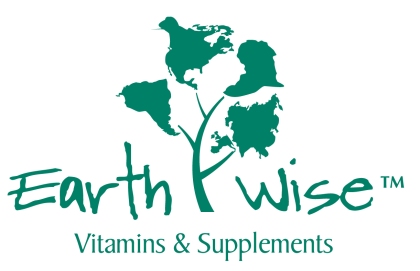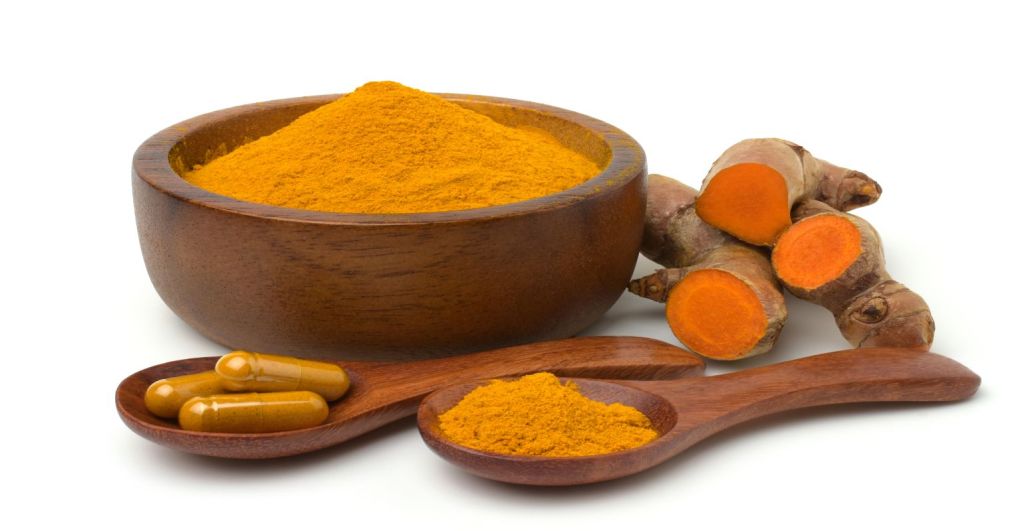
A new study has found supplementing with L-Carnitine in the form of Carnipure tartrate may increase platelet count in people who have tested positive for Covid-19. This suggests that L-Carnitine L-tartrate (LCLT), which is the salt form of the amino acid L-Carnitine, may have a protective effect against thrombosis-induced complications.
This study was a randomized controlled trial and used 2 cohorts of participants. Cohort 1 consisted of participants all testing negative for Covid-19. Cohort 2 consisted of 122 participants all of whom tested positive for Covid-19 and were displaying either mild symptoms of were asymptomatic.
Both cohorts were randomized to receive either a 3 gram oral dose of LCLT supplement daily or a placebo. The study lasted 21 days. Measured endpoints included infection in Cohort 1 and disease progressions in Cohort 2.
Cohort 1 reported 4 cases of Covid-19 during the follow up period. These participants were equally split between the supplement and placebo group. However, platelet count was significantly increased in the supplement group in Cohort 2 compared to the placebo group. Also fibrinogen levels (these are the major structural components of a clot) were significantly reduced in the LCLT group. Chest tomography images of the Cohort 2 supplement group showed significant improvements in lung lesions which suggest that LCLT may aid in helping slow the progression of Covid-19.
Researchers believe that L-Carnitine supplementation offers a protective effect during Covid-19 infection due to its ability to modulate coagulation by increasing platelet count which results in clinical improvements in patients with Covid-19.
L-Carnitine is responsible for transporting long-chain fatty acids in to the mitochondria of the cell for oxidation. Previous studies highlight L-Carnitine’s involvement in the mediation of inflammatory pathways by reducing inflammatory cytokines and reducing oxidative stress. Covid-19 is characterized by significant inflammation. Cytokine storms have been known to cause organ failure.
Additional research has shown the effect L-Carnitine has had on reducing viral infection risks and some studies showed L-Carnitine was able to inhibit hepatitis C.
Further studies are needed.
ASK US. WE KNOW. NOBODY KNOWS NUTRITION LIKE WE DO. NOBODY!









